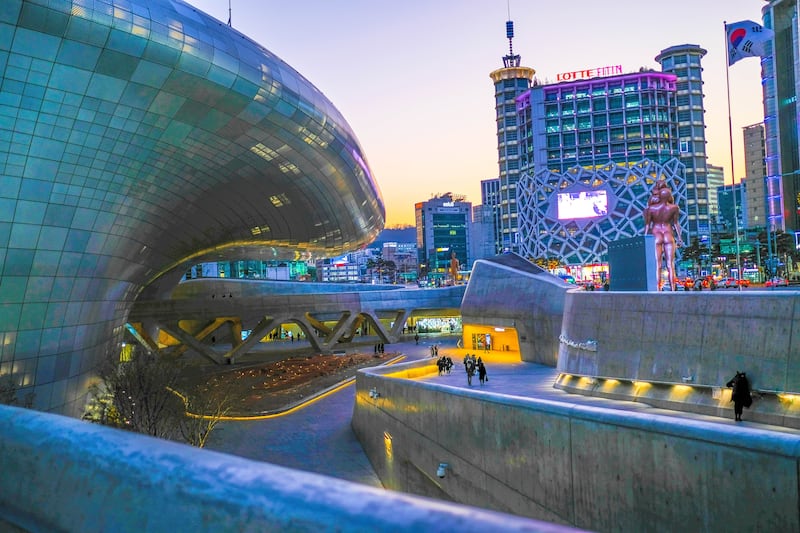South Korea is ramping up its bid to attract more tourists by making it easier for people to visit.
The country is getting ready to expand visa benefits for tour groups as well as introduce "K-culture" and digit nomad visas as it aims to attract 20 million tourists and generate $24.5 billion.
According to local media, the government is looking to expand electronic visa fee waivers for tour groups making it easier for travellers.
A similar move was temporarily launched for Chinese tour groups between September and this month. The expansion will include tourists from Vietnam, Indonesia and the Philippines. The application period will be extended until next year.
The government will also introduce a tentatively named K-culture training visa and a digital nomad visa next year to attract travellers who are keen to explore South Korean culture.
The K-culture training visa targets those who are interested in South Korean content and are keen to learn about the country’s entertainment industry.
The digital nomad visa will allow residence in South Korea for up to two years while the holder maintains employment in their original country. The aim is to promote a workcation culture, which refers to a system of combining remote work with tourism.
South Korea welcomed more than 17 million foreign travellers before the pandemic but saw a sharp decline to 970,000, Prime Minister Han Duck-soo told The Korea Times.
He added: "Fortunately, the tourism industry is recovering and expects to receive 10 million visitors by year-end. The government will fully commit to doing its utmost to enable the industry to reach an all-time high."
What to see and do in South Korea
South Korea has something for everyone including an intriguing history, fantastic food, a wonderful culture and first-rate tourist attractions. Its grand palaces, such as Seoul’s Changdeokgung Palace built by the Joseon Dynasty, are popular with visitors, who also frequently explore ancient history in Jeonju or soak up the culture in the country’s Hanok villages.
Many tourists also make a beeline for the beach in Busan, South Korea’s second-largest city, or climb to the top of N Seoul Tower, the capital’s landmark observation tower. History lovers also regularly visit no man's land to see part of a military border between South Korea and North Korea.







